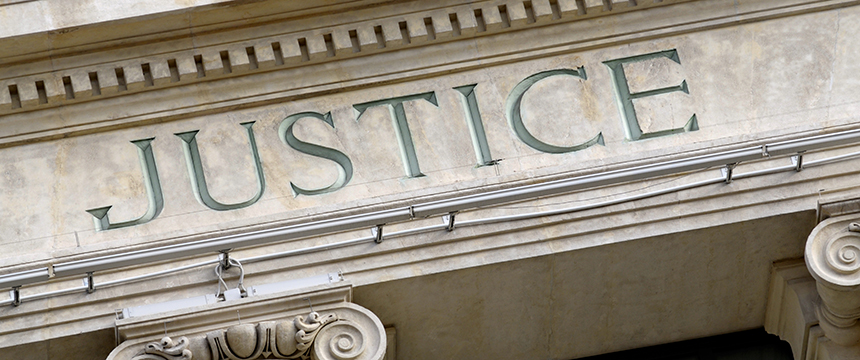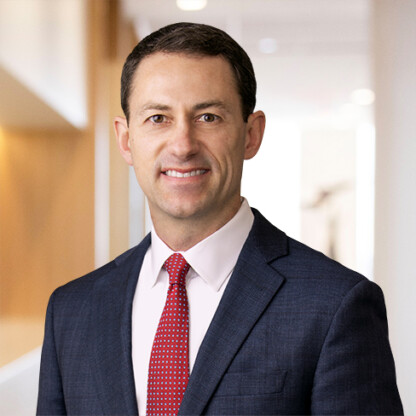The New Face of COVID-19 Fraud Enforcement: An Inter-Agency Task Force

On May 17, 2021, Attorney General Merrick Garland announced a new, inter-agency task force led by Deputy Attorney General Lisa Monaco to address fraud related to the COVID-19 pandemic (COVID-19 Task Force). According to DOJ’s memorandum, the Justice Department and the other enforcement agencies will be devoting significant resources to the investigation and prosecution of fraudulent schemes arising from pandemic-related relief efforts. Likely areas of focus include Provider Relief Fund (PRF) payments, alleged double dipping from multiple funding sources, Paycheck Protection Program (PPP) loans, and unemployment insurance. Additionally, through the COVID-19 Task Force, DOJ is going to enhance its dissemination of public information to inform the public on its activities and entice whistleblowers to come forward. See Fact Sheet. DOJ expects this new task force to increase the number and sophistication of criminal, civil and administrative prosecutions focused on government support provided during the pandemic.
What Might the COVID-19 Task Force Add?
The COVID-19 Task Force is likely to add coordination and a new sense of urgency. DOJ already has charged nearly 600 defendants with crimes related to the COVID-19 pandemic. U.S. Attorney’s Offices have each designated “COVID-19 Fraud Coordinators,” and many have also named “PPP Loan Fraud Coordinators” (discussed in a previous Foley blog post) to focus on identifying and prosecuting frauds related to PPP loans. In addition, the Coronavirus Aid, Relief, and Economic Security (CARES) Act: (i) created the Special Inspector General for Pandemic Recovery (SIGPR) to provide independent oversight of certain coronavirus relief programs (see Coronavirus Economic Stability Act (CESA), at Title IV, Subtitle A , Sections 4001-4029); and (ii) established the Pandemic Response Accountability Committee (PRAC), whose mission is to “promote transparency and support independent oversight of the funds provided by the CARES Act and other pandemic relief legislation.”
According to the DOJ Press Release, the Task Force is to “augment and incorporate the existing coordination mechanisms” and “work in close coordination with other efforts underway throughout the federal government.” To that end, the task force will include a long list of stakeholder agencies outside the Justice Department to facilitate its goal of government-wide coordination and intensity of effort.
DOJ suggests as well that it will be using more data analytics, data matching, and other advanced tools for generating leads. The IRS has long used a system for cross-referencing its records against records held by the Social Security Administration to help identify tax fraud. The COVID-19 Task Force may be able to facilitate similar information-sharing arrangements, if authorized by law, to detect fraudulent PPP loans and other schemes to exploit pandemic relief measures, including but not limited to alleged double dipping of relief funds, as discussed in this post. The wide range of government agencies invited to the COVID-19 Task Force suggests there may be many more opportunities for information-sharing and data analytics.
Editors’ Note: An earlier version of this blog stated that the Coronavirus Aid, Relief, and Economic Security (CARES) Act created the Special Inspector General for Pandemic Recovery (SIGPR) to provide independent oversight of coronavirus relief funds made by the Treasury Department. The blog has been corrected to clarify that the remit of SIGPR is the Coronavirus Economic Stability Act (CESA), at Title IV, Subtitle A, Sections 4001-4029.
What should Companies Expect?
Companies can expect the following:
- An uptick in cases overall and prioritization on the most important cases. Through better coordination of data analytics amongst multiple federal agencies and one task force marshaling such efforts, we anticipate a tidal wave of new COVID-19 related enforcement cases in the coming years.
- Increased scrutiny of health care entities that received payments under the PRF program to see if they used the funds as HHS envisioned. Under the PRF program’s Terms & Conditions, funds can only be used to reimburse health care related expenditures or lost revenues attributable to coronavirus; recipients are not allowed to use the PRF payments “to reimburse expenses or losses that have been reimbursed from other sources or that other sources are obligated to reimburse.” The recipient also must submit reports that detail the total amount of funds received from HHS and how the funds were expended or obligated. The COVID-19 Task Force’s efforts may assist other agencies in ferreting out health care entities that fail to meet the PRF program requirements.
- Increased lead generation of unemployment insurance fraud, PPP loan fraud, and Provider Relief Fund payment fraud, such as double dipping, from data matching amongst federal agencies. Double dipping is already a focus of SIGPR and HHS concerning PRF payments.
- More focus “up the chain” on larger institutions, especially financial institutions, that administered relief programs and may have done so improperly in the eyes of the Small Business Administration, the Treasury, the Federal Reserve, or DOJ.
Foley is here to help you address the short- and long-term impacts of this new government-wide task force. We have the resources to help you navigate these and other important legal considerations related to your business operations and your industry-specific issues. Please reach out to the authors, your Foley relationship partner, or to our Government Enforcement Defense & Investigations Practice Group with any questions.


